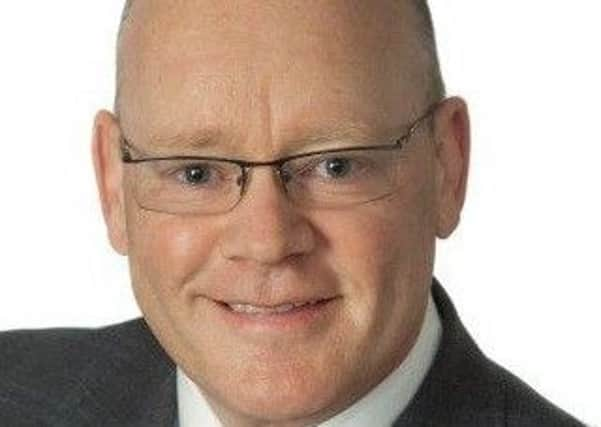Graham Boyack: Mediation really talks the talk in solving disputes


While shining a light on current provision, it also started a discussion on how Scotland could have a more effective, person-centred justice system through a greater integration of mediation.
One of my jobs was to produce a briefing paper for the committee. I was pleased to see the wide ranging use of mediation in Scotland whilst, at the same time, being able to identify the areas of society that would benefit from improved access to the skills involved.
Advertisement
Hide AdAdvertisement
Hide AdWhen I looked at where mediation has become well established, two areas stood out immediately. They were family mediation and in-court mediation services. Family mediation services are provided across Scotland by Relationships Scotland through local centres. CALM Scotland trains lawyer mediators and the Law Society holds a register of them.
There are services in a number of courts in central Scotland providing mediation for Simple Procedure cases. At present these are provided pro bono, with some support for administration by the Scottish Legal Aid Board and the University of Strathclyde Mediation Clinic. There is mediation in the commercial courts too and recently there has been more encouragement of its use. A wider use in the courts will require a change in culture and rules and better integration of resources.
Perhaps one area where mediation has become most well established is that of employment. Cases can go to mediation directly, via ACAS, and as a result of tribunal proceedings. There has also been a growth of mediation in administrative justice, where bodies such as the NHS and the Scottish Legal Complaints Commission (SLCC) have schemes that encourage complaints to be settled through mediation. The Scottish Public Services Ombudsman also provides model complaint handling procedures for public service bodies which reference mediation to help in resolving complaints.
Scottish local authorities and SACRO provide mediation services to help resolve community and neighbour disputes. Organisations such as the Cyrenians and Scottish Centre for Conflict Resolution have successfully used mediation to prevent homelessness. Many local authorities have taken innovative approaches using in-house mediators to assist in resolving workplace disputes, pupils’ attendance at school and multiple owner repairs enforcement.
There is a current call for the greater use of mediation in the planning bill, currently at stage one in the Scottish Parliament. Mediation is being used to resolve disputes over land, and in recent work by WWF Scotland, to broker agreements on fishing quotas.
Peer mediation is used in Scottish schools to resolve disputes and help tackle bullying and harassment. Scottish Mediation provides training and is currently undertaking a project funded by the Big Lottery to examine how the resilience of peer mediation can be enhanced. The skills imparted to young people are vital – active listening, questioning, reframing; all of which support better conversation.
Launched by Scottish Mediation and SCVO in 2015, the Third Sector Mediation Project provides free or low-cost mediation to small charities and voluntary organisations. Mediations are provided by 45 volunteer practitioners including 35 from the Scottish Mediation Register and 10 from the Department of Work and Pensions and Scottish Power under their community engagement programmes. In 2017, there were 45 enquiries and 13 mediations.
At the round table discussion, Scottish Mediation illustrated Additional Support Needs mediation for education disputes and SLCC mediations as exemplars of success; in both, the provision of mediation has been established in statute.
Advertisement
Hide AdAdvertisement
Hide AdThis supports the experience of other jurisdictions where successful mediation services have followed legislation or rules of procedure that encourage people to use them, leading to their full integration with each system of civil justice. I’m looking forward to working with the Justice Committee and others to develop such an approach for Scotland.
Graham Boyack, director, Scottish Mediation.